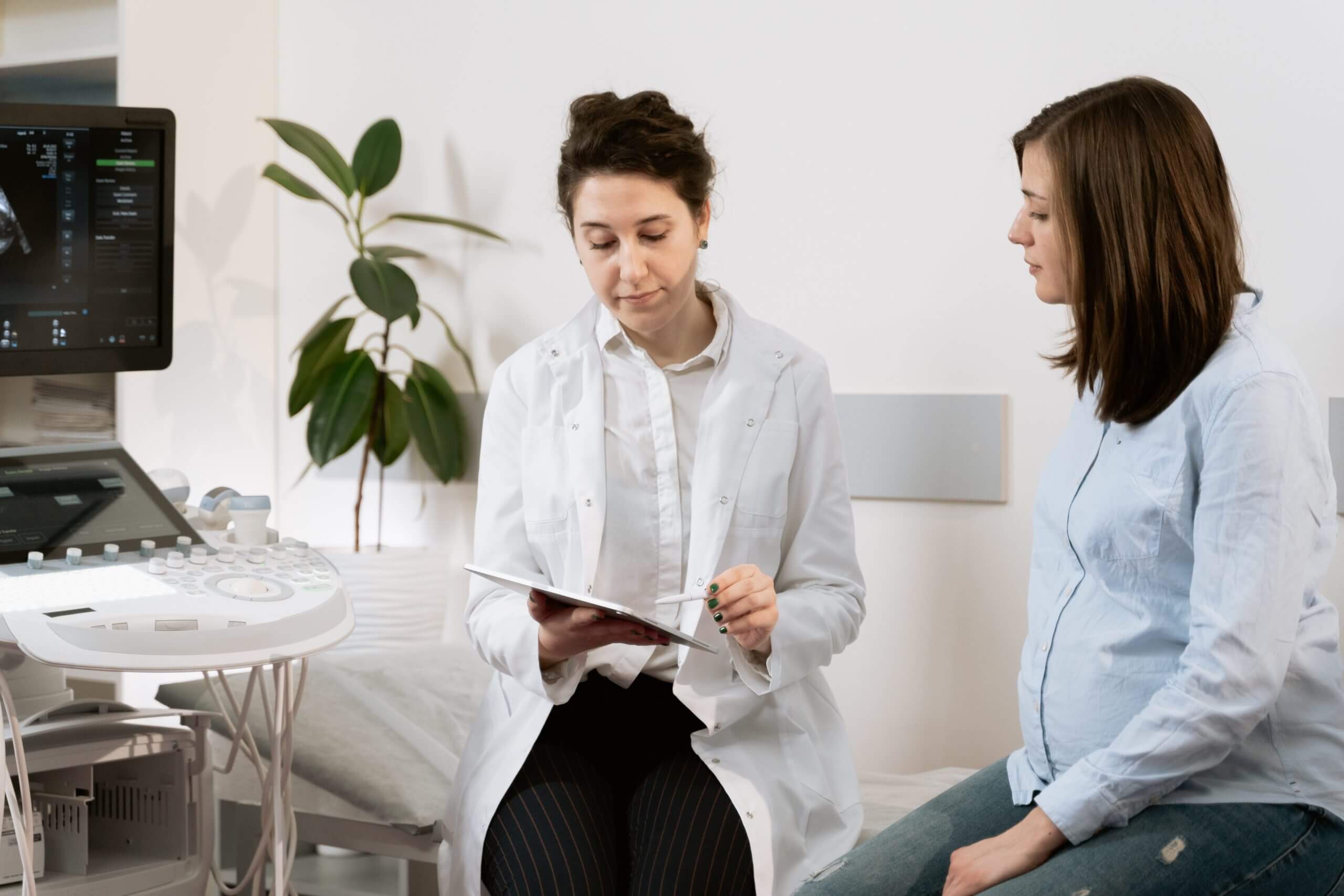Pregnancy is an exciting time in a woman’s life. But in rare situations, the pregnancy isn’t real and the happiness is short-lived. Phantom pregnancy is a rare but real phenomenon that causes a woman to falsely believe she is pregnant. The woman experiences pregnancy symptoms as if she was really pregnant. Learn more about this mysterious condition below.
What is Phantom Pregnancy?
Phantom pregnancy happens when a woman who is not pregnant believes she is carrying a child so convincingly that she experiences related symptoms including weight gain, morning sickness, and food cravings. She feels pregnant and sometimes may look pregnant, but it’s not a real pregnancy.
- Up to ¾ of women say they can feel the baby move
- A handful of women say they experience labor pains
Phantom pregnancy occurs in around six cases per 22,000 live births in the United States. The condition was more common in the states before the widespread introduction of ultrasounds in the late 1940s. Cases of phantom pregnancy date back to antiquity. Hippocrates reportedly treated 12 women bearing phantom pregnancies around 300 B.C.
Mary Tudor is often cited as a case of false pregnancy. Queen Mary married late in life and desperately wanted a child. Without the availability of ultrasounds, doctors believed her to be pregnant when she missed a menstrual cycle and experienced other pregnancy symptoms. Queen Mary I even claimed she felt the fetus move. Royals believed Queen Mary to be pregnant for the entire 40-week gestational period and prepared for the birth of the baby. But, that birth never occurred. Eleven months later, Queen Mary emerged thin and frail and never spoke of the pregnancy again.
Nowadays, phantom pregnancy occurs most often in countries with a high priority on fertility, such as Africa where an estimated 1 in 160 pregnancies is a phantom pregnancy.
Symptoms of Phantom Pregnancy
Women experiencing phantom pregnancy experience some or all of the same physical symptoms as a woman carrying a child, including:
- Missed menstrual cycle
- Enlarged abdomen
- Nausea
- Vomiting
- Increased urination
- Food cravings
- Weight gain
- Breast tenderness
- Enlarged breasts
Symptoms may last for a few days or a few weeks. In rare situations, symptoms can last for years. A small percentage of patients arrive at a doctor’s office or hospital experiencing what they perceive as labor pains. The longevity of the symptoms differs for each woman who experiences phantom pregnancy.
Although she may experience the symptoms above as a result of elevated estrogen or prolactin -as well as psychological symptoms of pregnancy- she does not produce human chorionic gonadotropin (hCG,) the pregnancy hormone. Therefore, the results of a home pregnancy test will produce a negative result.
Doctors can listen to a baby’s heartbeat using a fetal doppler to detect a heartbeat, perform a blood test to confirm the presence or absence of hCG hormones and when necessary, perform an ultrasound to confirm the absence of a fetus growing in the womb.
Who Experiences Phantom Pregnancy?
Women of any age or background may experience a phantom pregnancy, although it’s more prevalent between the ages of 20 to 44. A woman may experience multiple phantom pregnancies over her lifetime.
The risk of phantom pregnancy is higher in women living with depression and those who have:
- Experienced prior miscarriage/pregnancy loss
- A history of abuse
- A history of infertility
What Causes Phantom Pregnancy?
Experts aren’t entirely sure what causes phantom pregnancy. A mind-body feedback loop triggering elevated hormones such as prolactin and estrogen is believed to be the cause.. The elevated hormone levels result in symptoms that mimic those of a real pregnancy. In other words, the body is “tricked” into believing that it’s pregnant.
A few expert theories about the cause of phantom pregnancy:
- Medical conditions: Unrelated medical illnesses may cause elevated hormonal levels and pregnancy-like symptoms when paired with psychological factors. A recent study found that approximately 16% of phantom pregnancies are linked to other medical conditions.
- Psychiatric conditions: The intense desire to be pregnant can trigger hormonal changes in the brain that result in pregnancy symptoms. Especially common in women with prior issues with infertility or miscarriage, it can also occur in women who fear becoming pregnant.
- Major depressive disorders: Women with severe depression may experience changes in their reproductive hormones. Additionally, some antipsychotic medications used to treat depressive disorders can cause pregnant-like symptoms including breast tenderness, weight gain, and nausea.
Delusional Pregnancy
Delusional pregnancy and phantom pregnancy are considerably different from one another. A delusional pregnancy occurs when a person claims to be pregnant for their own benefit when they know they are not pregnant. Delusional pregnancy sometimes happens in patients with medical conditions like schizophrenia.
After Phantom Pregnancy Diagnosis
A doctor has several options for care after a phantom pregnancy diagnosis, including:
- Provide evidence: Learning that she is not pregnant can devastate a woman hopeful of becoming a parent. Doctors show her the test results confirming a lack of pregnancy.
- Assess other medical conditions: Doctors will examine patients to diagnose or rule out other medical conditions.
- Referrals: A woman experiencing phantom pregnancy may need psychological support and therapeutic intervention. Doctors can assess each woman’s individual needs to determine if she needs this extra support.







I think I’m pregnant